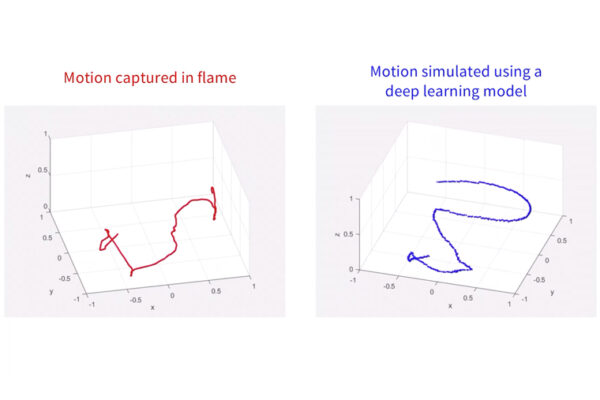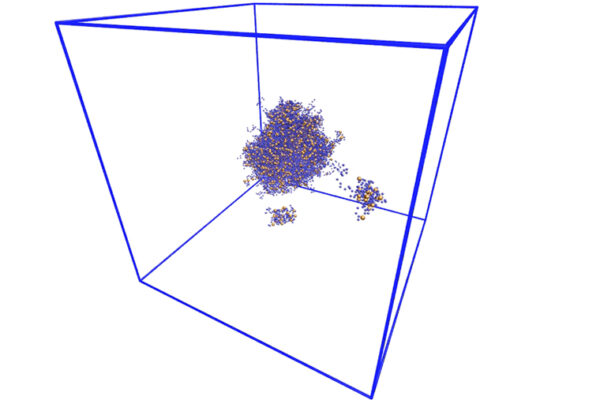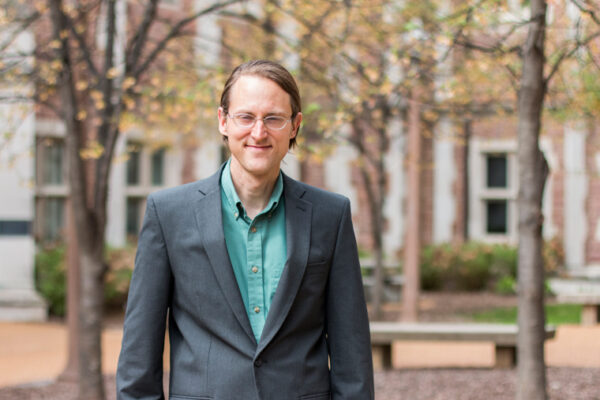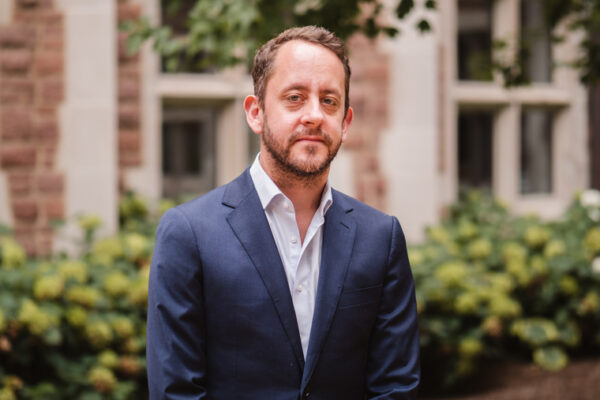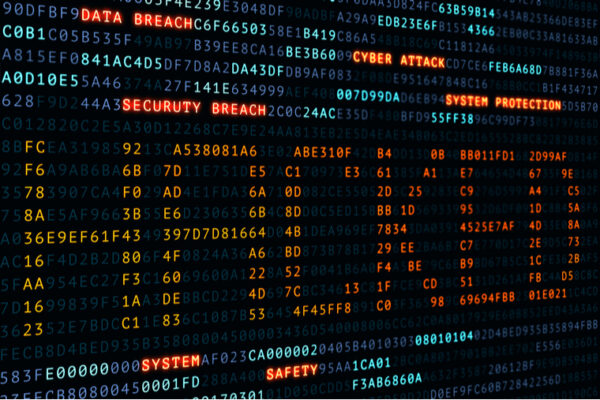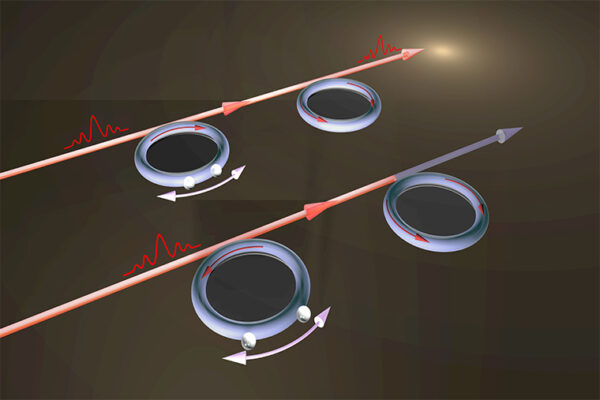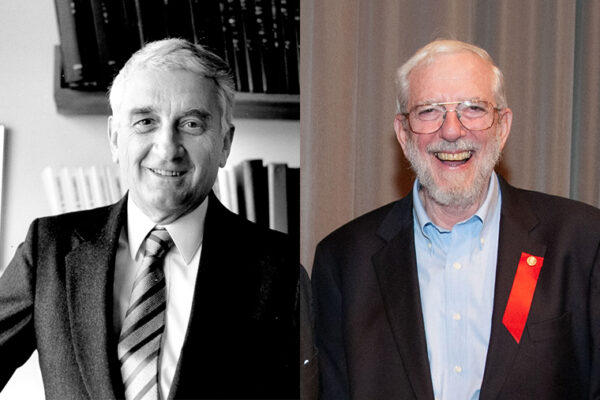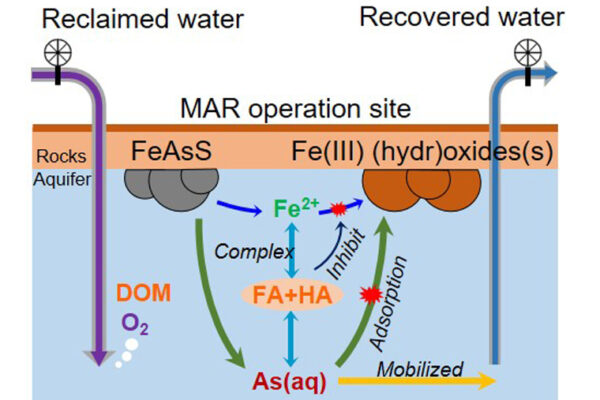Predicting chaos using aerosols and AI
Using aerosols as ground truth, researchers at the McKelvey School of Engineering at Washington University in St. Louis have developed a deep learning method that accurately simulates chaotic trajectories — from the spread of poisonous gas to the path of foraging animals.
Suicidal thoughts in 9- and 10-year-olds correlate to family dynamics
Research from Washington University in St. Louis shows a nontrivial rate of children as young as 9 and 10 years old are thinking about suicide. How their families interact — or don’t — may play a role.
Collaboration lets researchers ‘read’ proteins for new properties
A collaboration between the McKelvey School of Engineering and St. Jude Children’s Research Hospital uncovers the underlying rules that, when broken, contribute to neurodegenerative diseases such as ALS.
Rodebaugh named APS fellow
The Association for Psychological Science (APS) has named Thomas Rodebaugh, professor of psychological and brain sciences in Arts & Sciences, an APS Fellow.
Kool named a ‘Rising Star’ by psychological association
Wouter Kool in Arts & Sciences was named a “Rising Star” by the Association for Psychological Science, an honor given to outstanding psychological scientists in the early stages of their postdoctoral research careers.
WashU Expert: ‘Every application has its vulnerabilities’
Joe Scherrer, director of the Cybersecurity Strategic Initiative at Washington University and a former cybersecurity innovator with the U.S. Air Force, says the cyberattack on Jeff Bezos is nothing unusual, and these kinds of attacks are becoming more common. But there are things you can do to stay safe.
Keeping lead out of drinking water when switching disinfectants
Researchers at the McKelvey School of Engineering at Washington University in St. Louis found that the hazards of switching disinfectants in water systems — increased lead levels — can be mitigated if the change is done correctly.
Tuning optical resonators gives researchers control over transparency
Using a nanoparticle as a “tuning device,” researchers at the McKelvey School of Engineering have devised a way to control electromagnetically induced transparency — a feature of light which allows it to pass through opaque media.
Celebrating the newest National Academy of Inventors fellows
Washington University’s Jerome Cox and Jack H. Ladenson join a small but distinguished group of fellows of the National Academy of Inventors, the highest professional distinction accorded solely to academic inventors.
Toward a smarter way of recharging the aquifer
Researchers from Washington University in St. Louis have solved a mystery: How did arsenic show up in aquifer water that had been triple purified? Dissolved organic compounds.
View More Stories
